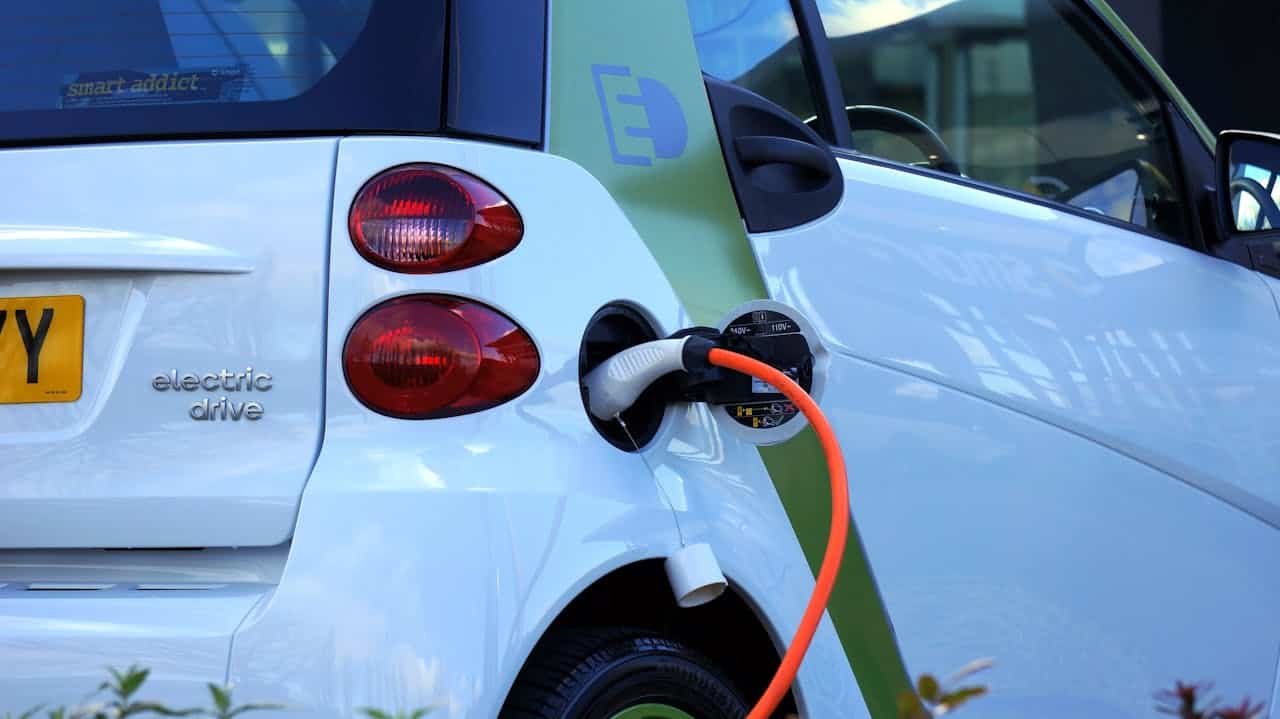Your carbon footprint is the amount of greenhouse gases that certain actions, by yourself or business, emit. As a result, these carbon emissions trap the sun’s heat and lead to the contribution of global warming.
To help reduce your carbon footprint, we have shared various tips for individuals and businesses. From renewable energy uses to transportation options, reducing your carbon footprint can be achieved with these top tips.
4 Tips To Reduce Your C02 Emissions
Renewable Energy
One of the key sources of reducing emissions is through renewable energy. This can be achieved through various methods, such as through your home energy systems. A few examples include:
Rooftop Solar Panels: Install photovoltaic (PV) solar panels on your roof to generate electricity from sunlight. This can significantly reduce your dependence on the grid and lower your energy bills.
Solar Water Heaters: Use solar energy to heat water for domestic use, this energy efficient method reduces the need for gas or electric hot water heaters.
Public Transport
Another method to reduce the amount of carbon emissions is through utilising public transport. Public transportation systems like buses, trains, and trams can carry many passengers at once. The carbon emissions per passenger are much lower compared to each person driving a separate car. For example, a full bus or train emits significantly less CO2 per passenger than a single-occupancy vehicle.
When more people use public transport, there are also fewer cars on the road, which reduces traffic congestion. Less congestion means fewer vehicles idling and less stop-and-go driving, both of which are highly inefficient and result in higher emissions.
Many public transport systems are increasingly using electric vehicles, hybrid technology, or vehicles powered by alternative fuels such as natural gas or hydrogen. These options produce significantly lower emissions than traditional gasoline or diesel-powered vehicles.
Reducing Food Waste
Producing food requires energy, water, land, and other resources. When food is wasted, all the energy and resources used in its production—such as planting, harvesting, processing, packaging, and transportation—are also wasted.
This contributes to unnecessary CO2 emissions. By reducing food waste, we can decrease the demand for food production, thereby lowering the emissions associated with these activities.
It’s estimated that we throw away around 9.5 million tonnes of food waste annually. When food waste is disposed of in landfills, it decomposes anaerobically (without oxygen), producing methane, a greenhouse gas that is much more potent than CO2 over a short period. Reducing food waste prevents organic material from reaching landfills, thereby decreasing methane emissions.
Instead of sending food waste to landfills, it can be composted or used in anaerobic digestion to produce biogas, a renewable energy source. Composting also produces valuable organic matter that can enrich soils, reducing the need for synthetic fertilisers and thus the emissions associated with their production.
Switch to Energy-Efficient Light Bulbs
To reduce CO2 emissions at home using your light bulbs, you can take the following steps:
LED Bulbs: Replace traditional incandescent or halogen light bulbs with LED (Light Emitting Diode) bulbs. LED bulbs consume up to 80% less energy than traditional bulbs, reducing the amount of electricity needed. Since much of our electricity is still generated from fossil fuels, this reduction in energy use directly lowers CO2 emissions.
Smart Bulbs and Timers: Install smart bulbs that can be programmed to turn on and off at specific times or controlled remotely. This ensures that lights are only used when needed, minimising unnecessary energy consumption. By reducing the demand for electricity, you indirectly reduce the burning of fossil fuels.
Reduce Your Carbon Emissions Through Recycling
Recycling materials like aluminium, plastic, glass, and paper requires significantly less energy than producing these materials from raw resources. Extracting raw materials, such as mining for metals or cutting down trees, is energy-intensive and generates significant emissions.
Recycling reduces the need for these activities, thereby lowering the associated emissions. For example, recycling paper reduces the need for deforestation, which is a major source of CO2 due to the loss of carbon-absorbing trees.
With Plastic Expert, businesses can recycle bulk loads of waste materials. We collect and recycle a range of waste types across the UK, helping businesses reduce their carbon footprint and reach sustainability goals. Get in touch today to book a collection with our specialist team.








